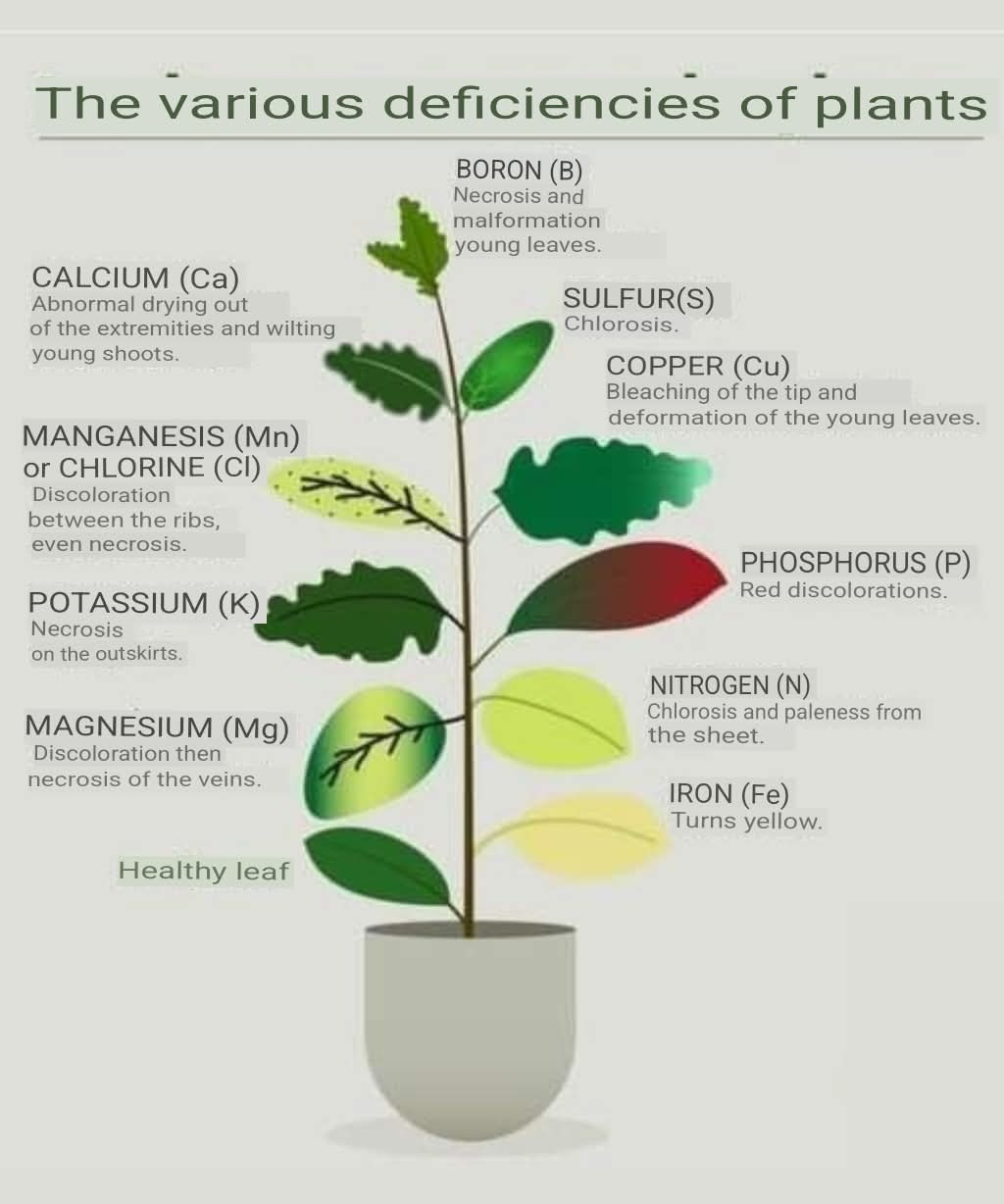
As farming communities across India grapple with fluctuating weather patterns and soil degradation, agricultural experts are sounding the alarm over a critical but often overlooked issue—plant nutrient deficiencies. Specialists warn that poor soil nutrition is leading to widespread crop losses, reduced productivity, and stunted plant growth, urging farmers to adopt preventive measures through regular soil testing and balanced fertilization.
Agriculture scientists emphasize that each nutrient plays a specific and irreplaceable role in the healthy development of plants. A deficiency in even a single element can result in visible symptoms and ultimately lower crop yields.

Key Nutrient Deficiencies and Their Symptoms:
- Calcium (Ca): Often overlooked, calcium is essential for building strong cell walls. A deficiency results in abnormal drying of plant tips and wilting of young shoots, particularly in fruits like tomatoes and apples.
- Boron (B): Crucial for flowering and seed formation, boron deficiency causes necrosis (cell death) and malformation of young leaves, affecting reproductive development and leading to poor fruit set.
- Sulfur (S): Integral to amino acid and protein synthesis, a lack of sulfur manifests as yellowing of younger leaves, leading to weak, pale plants with reduced resistance to stress.
- Copper (Cu): Necessary for chlorophyll formation and lignin synthesis, copper deficiency results in bleached leaf tips and distorted growth in young leaves, weakening plant structure.
- Phosphorus (P): Key for root development and energy transfer within the plant. A deficiency often appears as red or purplish discoloration in older leaves, signaling poor root function and slow growth.
- Manganese (Mn) and Chlorine (Cl): Essential micronutrients for photosynthesis and enzyme activation. Deficiencies are marked by interveinal chlorosis (yellowing between veins) and, in severe cases, leaf necrosis.
- Potassium (K): A major element for water retention, disease resistance, and sugar transport. Lack of potassium causes necrosis on the edges of leaves and may result in scorched-looking foliage.
- Magnesium (Mg): Central to the chlorophyll molecule, magnesium deficiency leads to yellowing along the veins of older leaves, followed by tissue death as photosynthesis efficiency declines.
- Nitrogen (N): One of the most commonly deficient nutrients. Symptoms include general yellowing of leaves, especially older ones, and a dramatic slowdown in plant growth and development.
- Iron (Fe): Required for enzyme and chlorophyll production. Deficiency results in interveinal chlorosis, particularly in young leaves, turning them pale or yellow while veins remain green.

A Wake-Up Call for Farmers
Agricultural extension officers and horticulture experts are calling on farmers to take proactive steps. “Most of these issues are reversible if detected early,” said Dr. R. Venkatesh, a senior soil scientist. “Regular soil testing helps identify nutrient imbalances and allows for precise application of fertilizers, minimizing cost and environmental damage.”
In Telangana and Andhra Pradesh, where crops like paddy, cotton, and horticultural produce dominate the landscape, officials are planning awareness drives and field camps to educate farmers on identifying early signs of deficiency.
The Department of Agriculture is also encouraging the use of organic compost, bio-fertilizers, and micronutrient-rich supplements tailored to specific soil profiles. New mobile soil testing vans and village-level training camps are being rolled out to help bridge the knowledge gap.
A Message to Gardeners and Urban Farmers
It’s not just large-scale farmers who need to be vigilant. Urban gardeners and greenhouse cultivators often face similar issues due to poor potting mix quality or unbalanced fertilization. Experts suggest incorporating compost, vermiculite, and slow-release fertilizers in home gardens while watching for early signs of nutrient stress.
Conclusion: Prevention is Better than Cure
Understanding and addressing plant nutrient deficiencies is a cornerstone of sustainable agriculture. “Healthy soil is the foundation of healthy food,” said Dr. Venkatesh. “We must treat soil health with the same urgency we give to crop protection and irrigation.”
By prioritizing soil diagnostics and adopting balanced nutrition strategies, India’s farmers can protect their crops, improve yields, and contribute to a more food-secure future.


